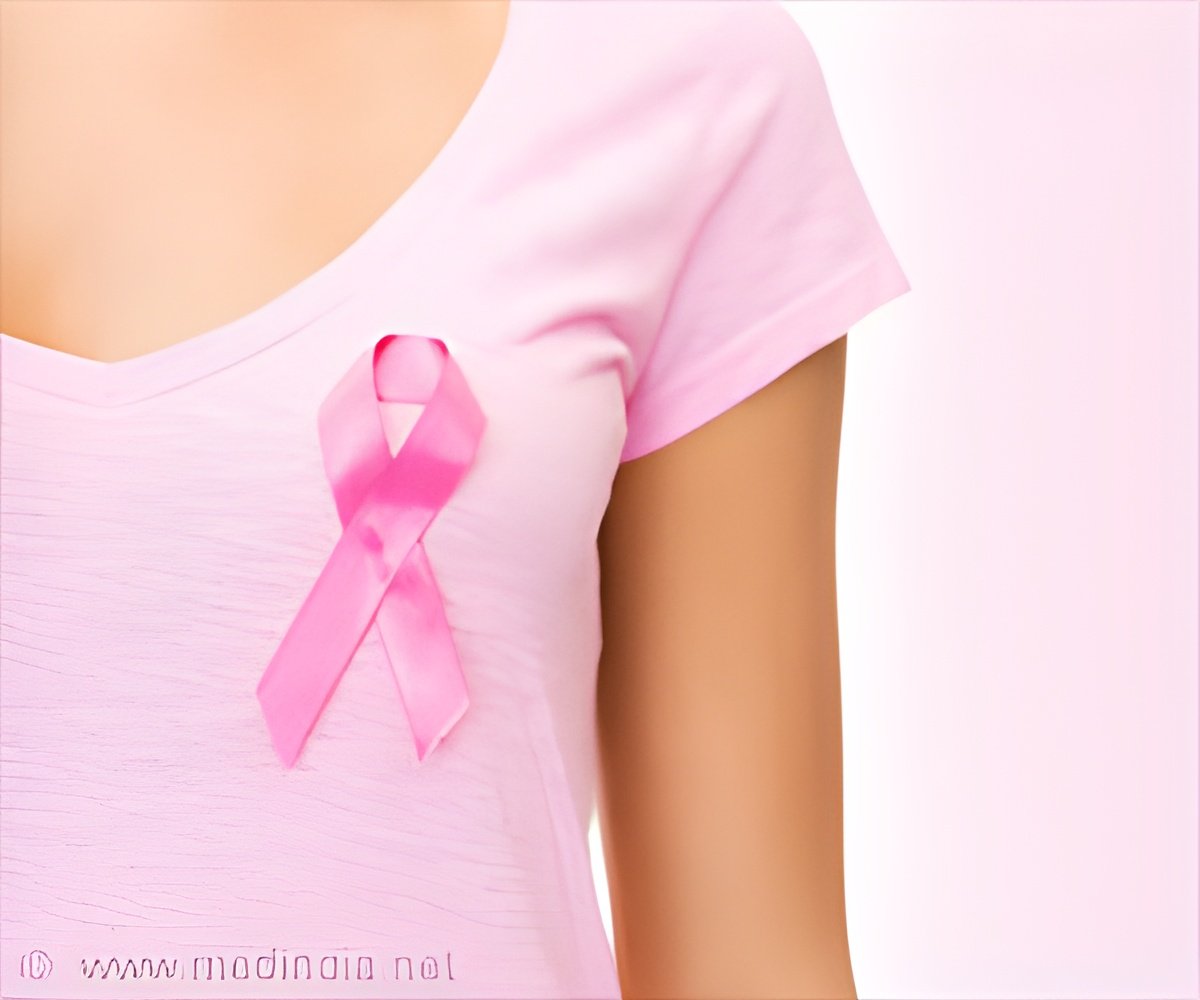A new study by UT Southwestern Medical Center scientists has linked deficiency in a gene that controls autophagy, a process that recycles cell waste, with the triple-negative breast cancer.

Low levels of beclin 1 activity was also correlated with worse outcomes. Thus increasing beclin 1 activity could become a new therapy for breast cancer patients, especially those with the triple-negative type. Several approved drugs that happen to increase beclin 1 activity are already in use for other types of cancer. They include four classes of drugs- inhibitors of either beclin 1/BCL-2 binding, protein kinase B (AKT), epidermal growth factor receptor (EGFR), or HER2.
The study appears in the online journal EBioMedicine.
Source-Medindia














